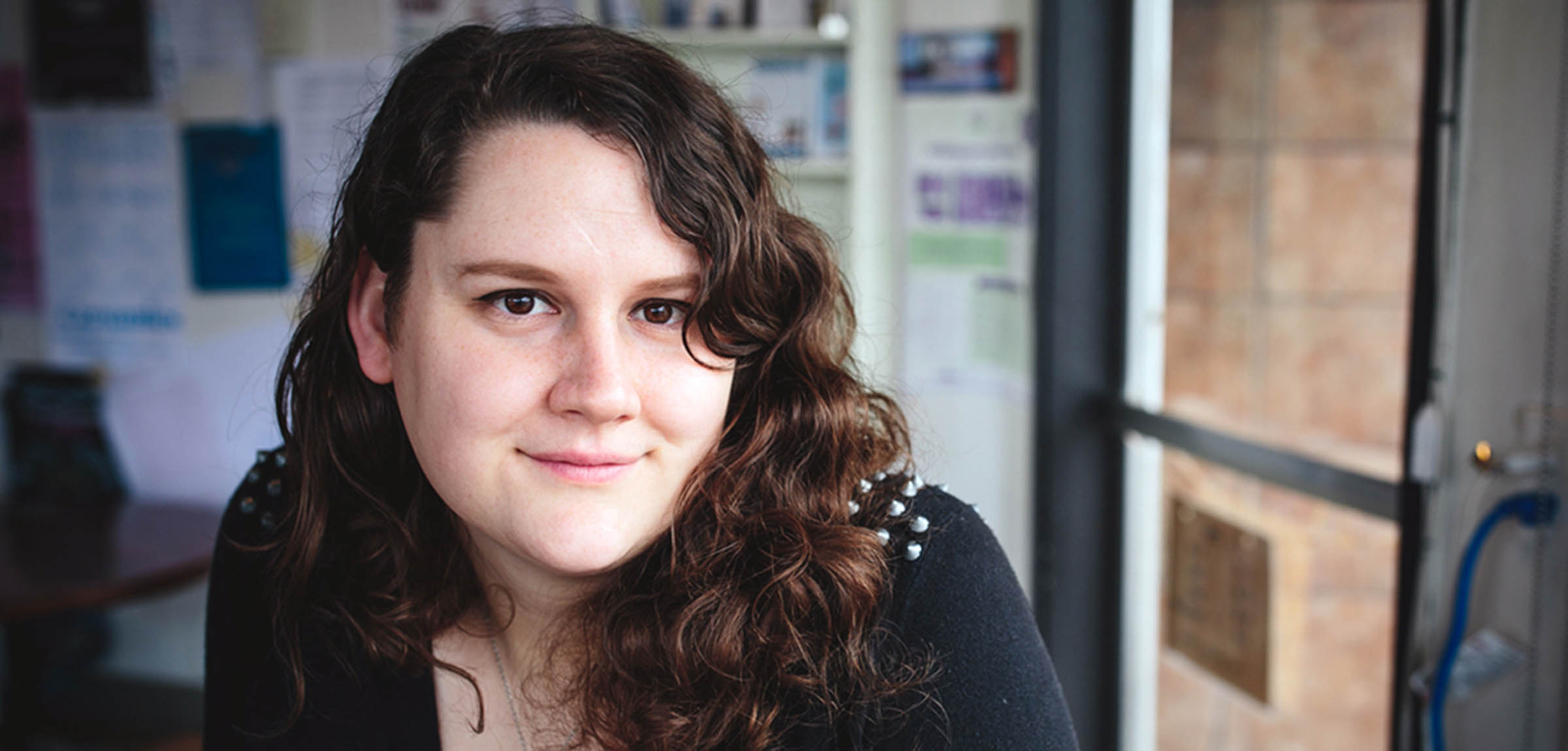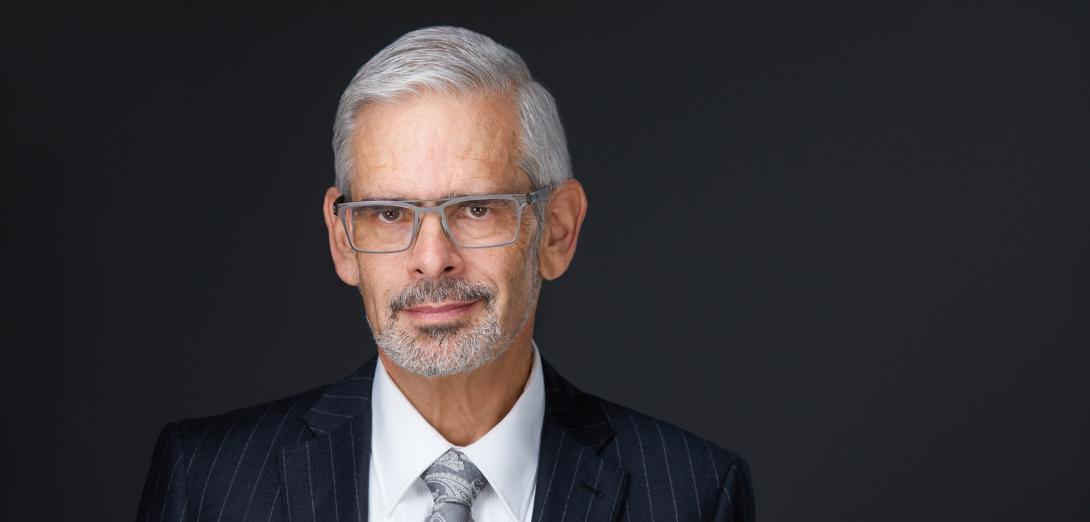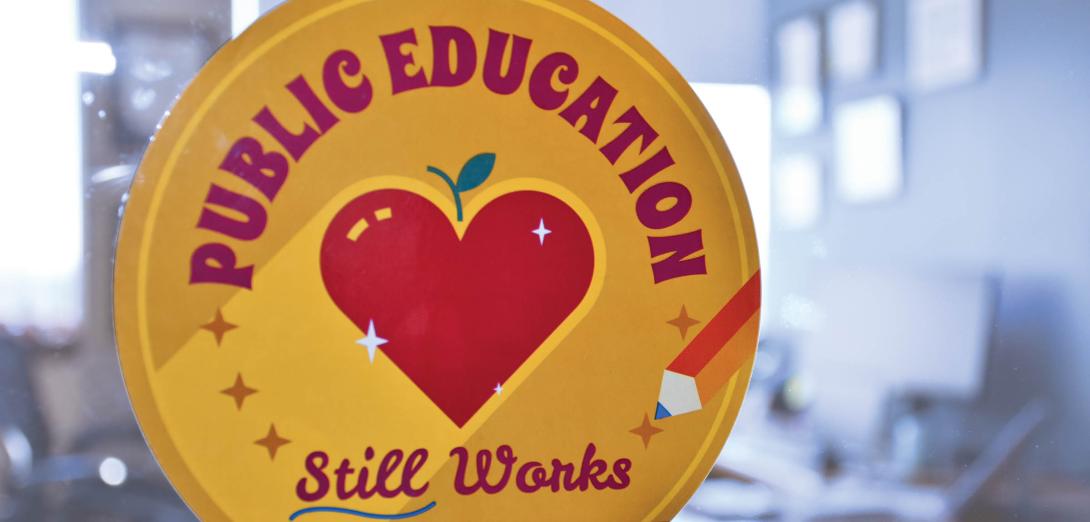On the evening of Jan. 31, Premier Danielle Smith shared a video over social media detailing new policies that the UCP government plans to implement this fall. Under the pretense of protecting child safety and parental rights, these proposed policies target the rights of transgender and gender-diverse youth, restricting the use of chosen names and pronouns and creating barriers to inclusive classrooms, medical access and sports participation. As the Alberta lead for SOGI 1 2 3, an initiative that works to make our education system more inclusive for students of all sexual orientations and gender identities (SOGI), I was filled with grief as I watched that video.
On the day following her social media announcement, Smith repeated her message in a press conference. It was all very official. Many Albertans assumed that new policies had already been implemented, or that a specific bill was being introduced at the legislature. That’s not so. In reality, at this time our laws and processes remain the same.
There is widespread consensus across legal, health, education and advocacy organizations that these policies, if implemented, will cause significant harm to transgender and gender-diverse youth. The backlash has been so extensive that a document tracking and summarizing all the open letters of opposition now runs 33 pages. In their joint letter, Egale Canada and Skipping Stone Foundation declare: “The draconian measures announced run directly counter to expert guidance and evidence, violate the constitutional rights of 2SLGBTQI+ people, and will lead to irreparable harm and suffering. [We] will bring legal action to protect our communities.”
Studies by organizations like The Trevor Project and SARAVYC have consistently shown that supporting students in their gender identity is suicide prevention work; doing so increases mental health, social inclusion, academic success and overall well-being.
This announcement occurred amidst rising anti-2SLGBTQ+ hate and disinformation and is actually contributing to these as well. While no laws or regulations have actually changed, we have already seen a twofold chilling effect. For one, school leaders are falling silent about the good work they are already doing and are fearful about taking new steps forward. Secondly, school and division officials are increasingly worried about facing backlash for following evidence-based best practices.
While no laws or regulations have actually changed, we have already seen a ... chilling effect.
We can counter that chilling effect by looking at what the UCP has put forward so far: a social media post, an embedded video and a press conference. As teachers, you don’t make decisions based on commotion in the media. You make decisions based on actual policy, actual legislation, human rights, evidence-based best practices, professional ethics and your own brilliantly compassionate hearts.
Premier Smith has warned us that a slate of harmful policies will be arriving in the fall. The specific details she shared created the impression that this is all very concrete and immediate, compelling those who understand the stakes to do something to mitigate the harm that these policies will cause. But there’s a catch: we can’t respond to policies that don’t exist. Until official wording exists, all we have are hypotheticals.
So, what can be done during this period of grim anticipation? As the Alberta Lead for SOGI 1 2 3, I can share strategies that have been discussed within the Alberta SOGI Educator Network:
- Read your division’s existing policies about SOGI inclusion. Some divisions have a specific SOGI policy, while others address the topic within policies on welcoming, caring, respectful and safe learning environments. Understand the existing protections for transgender and gender-diverse students in your division and be ready to articulate them to colleagues.
- Learn more about best practices for creating SOGI-inclusive classrooms. Whether it’s something small like stating your pronouns when you introduce yourself, or something bigger like creating a rainbow display, make a change before the end of the school year.
- Start conversations about SOGI-inclusive education, including taking the time to acknowledge good work that your school or division is already doing. Don’t let your support go unstated during this period of uncertainty. Stand proud in your values.
- Be vocal about your opposition to the proposed policies. They have the potential to cause significant harm to marginalized students. If you don’t know what to say, share an open letter that you agree with.
I want to end with an invitation for those who want to learn more about SOGI-inclusive education. On March 21, from 3:45–4:45 p.m. MDT, I will be hosting an info session about SOGI 1 2 3’s approach, resources and the Alberta educator network. If you’d like to learn more, please reach out to info@sogieducation.org. ❚
SOGI 1 2 3 is a program that aims to help teachers make schools inclusive and safe for students of all sexual orientations and gender identities.



